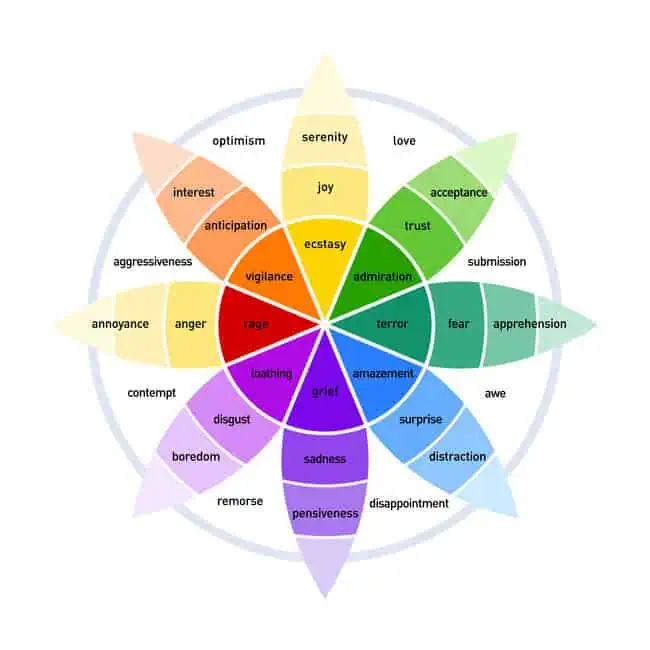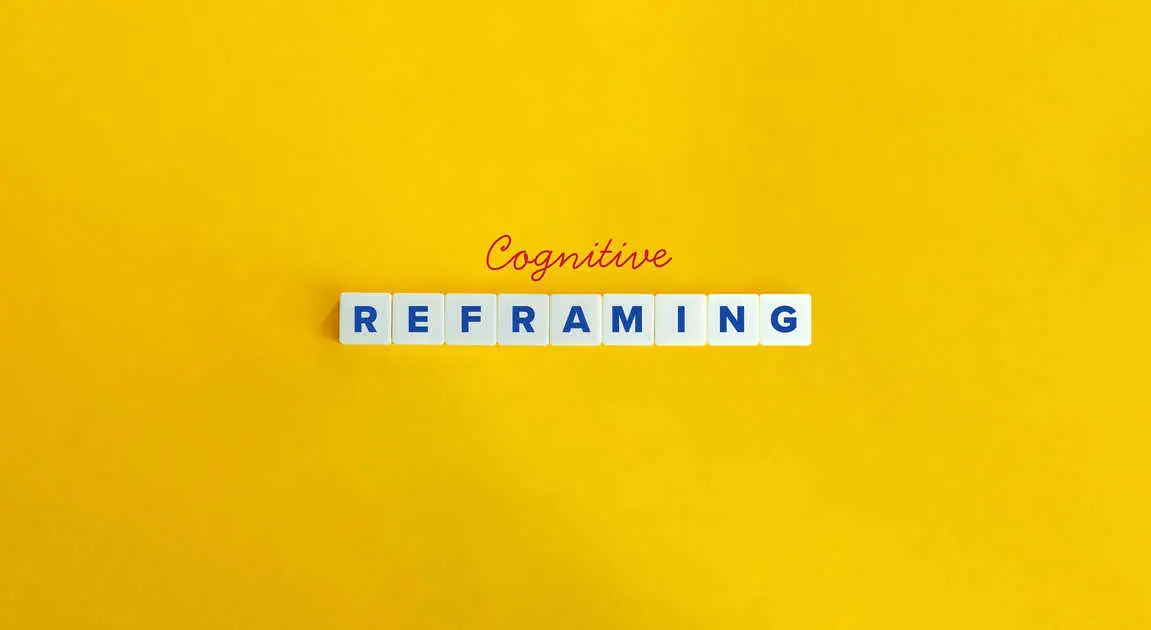Table of Contents
In recent years, the ketogenic diet has surged in popularity, with numerous Ketosis Diet Communities springing up online and offline. But is this high-fat, low-carb eating plan truly beneficial for everyone? Let’s dive deep into the world of Ketosis and explore the pros and cons of this controversial diet.
Understanding Ketosis
Before we delve into the ketogenic diet’s potential benefits and drawbacks, it’s crucial to understand what Ketosis actually is.
What is Ketosis?
Ketosis is a metabolic state in which your body uses fat as its primary source of fuel instead of carbohydrates. When you drastically reduce your carb intake and increase fat consumption, your liver begins to produce ketones from fatty acids. These ketones then become the main energy source for your body and brain.
How to Achieve Ketosis
Entering Ketosis typically requires:
- Reducing carbohydrate intake to 20-50 grams per day
- Increasing healthy fat consumption
- Maintaining moderate protein intake
- Staying hydrated
- Possibly intermittent fasting
Many Ketosis Tips and Advice focus on these key points to help individuals successfully transition into this metabolic state.
Potential Benefits of the Ketogenic Diet
Proponents of the ketogenic diet claim numerous health benefits. Let’s examine some of the most commonly cited advantages:
1. Weight Loss
One of the primary reasons people turn to the ketogenic diet is for weight loss. By limiting carbohydrates and increasing fat intake, the body is forced to burn fat for fuel, which can lead to significant weight loss, especially in the short term.
2. Improved Blood Sugar Control
For individuals with type 2 diabetes or insulin resistance, the ketogenic diet may help improve blood sugar control. By reducing carbohydrate intake, blood sugar levels tend to stabilize, potentially reducing the need for insulin or other diabetes medications.
3. Increased Energy and Mental Clarity
Many people report increased energy levels and improved mental clarity once they’ve adapted to Ketosis. This is often attributed to the brain’s efficient use of ketones for fuel and the stable blood sugar levels associated with the diet.
4. Reduced Inflammation
Some studies suggest that a ketogenic diet may help reduce inflammation in the body. This could potentially benefit individuals with chronic inflammatory conditions such as arthritis or autoimmune disorders.
5. Potential Neuroprotective Effects
Research is ongoing, but some studies indicate that the ketogenic diet may have neuroprotective properties. This has led to interest in its potential for treating or preventing neurological disorders such as epilepsy, Alzheimer’s disease, and Parkinson’s disease.
Potential Drawbacks and Risks
While the ketogenic diet has its proponents, it’s not without potential drawbacks and risks. It’s essential to consider these factors before diving into this eating plan:
1. Nutrient Deficiencies
By severely restricting carbohydrates, you may inadvertently limit your intake of certain nutrients, particularly fiber, vitamins, and minerals found in fruits, vegetables, and whole grains. This can potentially lead to nutrient deficiencies if not carefully managed.
2. Keto Flu
Many people experience what’s known as “keto flu” when first transitioning into Ketosis. Symptoms can include fatigue, headaches, irritability, and brain fog. While these symptoms are usually temporary, they can be uncomfortable and may deter some individuals from sticking with the diet.
3. Digestive Issues
The high fat content and low fiber intake associated with the ketogenic diet can lead to digestive issues such as constipation or diarrhea for some individuals.
4. Potential Kidney Stress
The increased protein intake often associated with ketogenic diets may put additional stress on the kidneys, particularly for individuals with pre-existing kidney issues.
5. Difficulty Maintaining Long-Term
The restrictive nature of the ketogenic diet can make it challenging to maintain long-term, especially in social situations or when dining out. This can lead to yo-yo dieting and potential weight regain.
6. Impact on Athletic Performance
While some athletes thrive on a ketogenic diet, others may experience decreased performance, especially during high-intensity activities that rely heavily on carbohydrates for fuel.
Who Might Benefit from a Ketogenic Diet?
While the ketogenic diet isn’t suitable for everyone, certain individuals may find it particularly beneficial:
- People with type 2 diabetes or insulin resistance
- Individuals looking for short-term weight loss
- Those with certain neurological disorders, such as epilepsy
- People with specific metabolic disorders
Who Should Avoid the Ketogenic Diet?
Conversely, some individuals should be cautious about or avoid the ketogenic diet altogether:
- Pregnant or breastfeeding women
- People with a history of eating disorders
- Individuals with liver or pancreatic disease
- Those with a history of gallbladder issues
- People taking certain medications that may interact with the diet
Tips for Successfully Implementing a Ketogenic Diet
If you’re considering trying the ketogenic diet, here are some Ketosis Tips and Advice to help you get started:
- Gradually reduce carbohydrate intake to minimize keto flu symptoms
- Focus on healthy fats such as avocados, nuts, seeds, and olive oil
- Incorporate a variety of low-carb vegetables to ensure adequate nutrient intake
- Stay hydrated and consider electrolyte supplementation
- Monitor your protein intake to ensure you’re getting enough but not excessive amounts
- Consider tracking your macronutrients using a food diary or app
- Join Ketosis Diet Communities for support and recipe ideas
The Importance of Personalization
It’s crucial to remember that nutrition is not one-size-fits-all. What works well for one person may not be suitable for another. When considering the ketogenic diet or any significant dietary change, it’s essential to:
- Consult with a healthcare professional or registered dietitian
- Consider your individual health status and goals
- Listen to your body and monitor how you feel on the diet
- Be willing to make adjustments as needed
Is the Ketogenic Diet a Good Idea?
The ketogenic diet, like any eating plan, has its pros and cons. For some individuals, it may offer significant benefits in terms of weight loss, blood sugar control, and even potential neuroprotective effects. However, it’s not without risks and may not be suitable or sustainable for everyone.
If you’re considering trying the ketogenic diet, it’s crucial to approach it with a well-informed and balanced perspective. Consult with healthcare professionals, do your research, and listen to your body. Remember that the best diet is one that you can maintain long-term and that supports your overall health and well-being.
At Holistic Earthling, we believe in the power of personalized nutrition. While the ketogenic diet may be a valuable tool for some, it’s just one of many approaches to healthy eating. The key is finding an eating pattern that nourishes your body, supports your health goals, and fits into your lifestyle.
Whether you decide to explore Ketosis or opt for a different nutritional approach, remember that your journey to optimal health is unique. Stay curious, stay informed, and most importantly, stay true to what works best for you.





